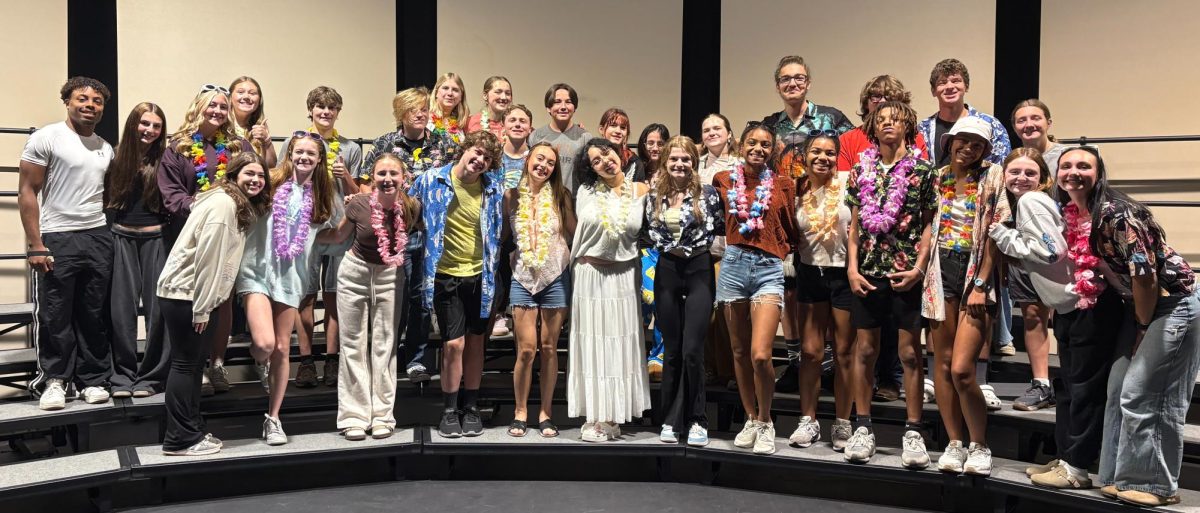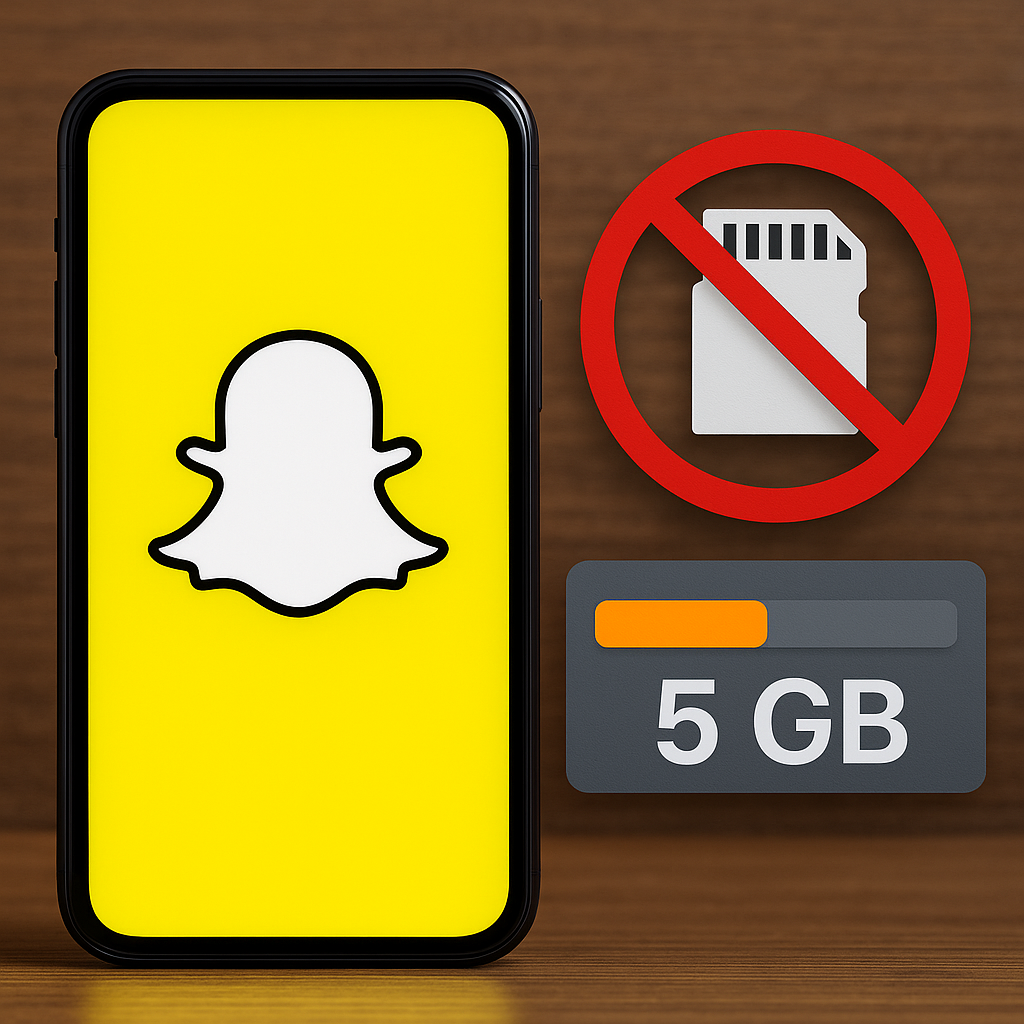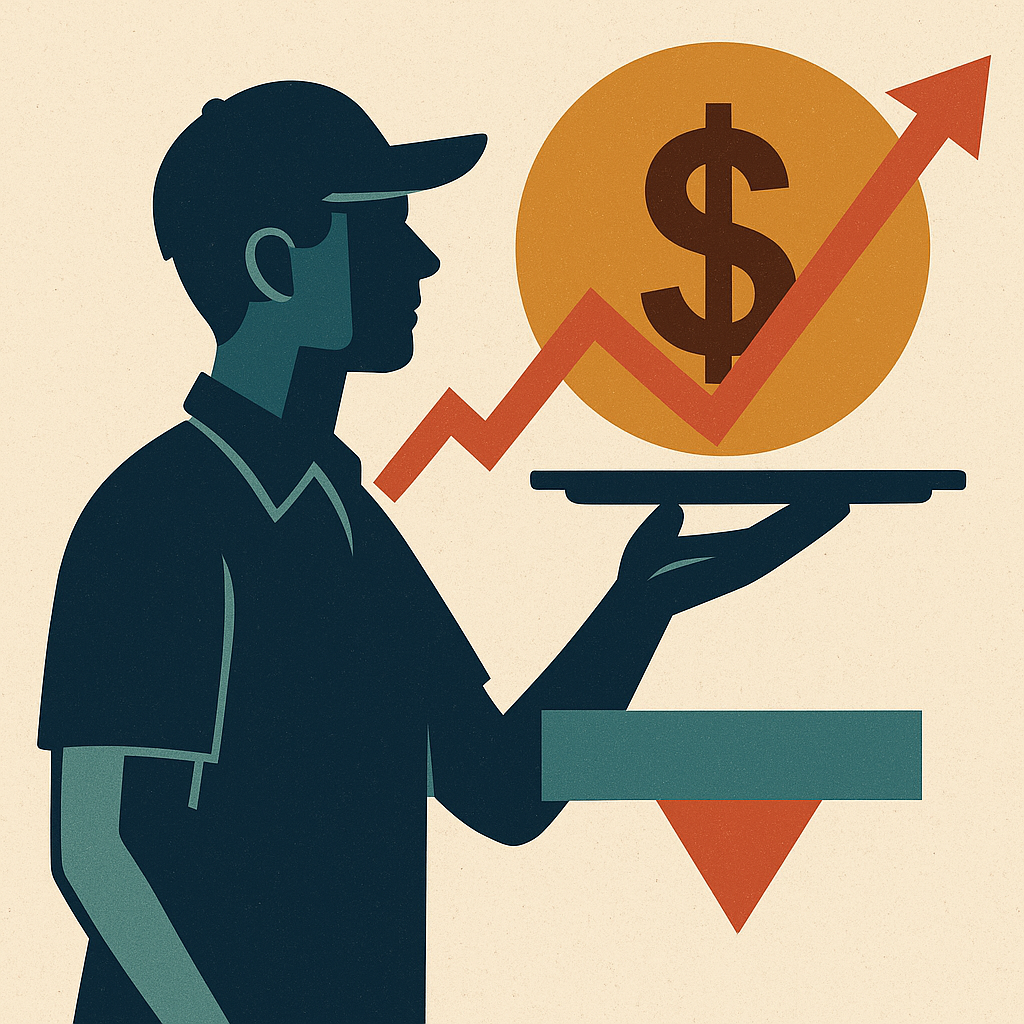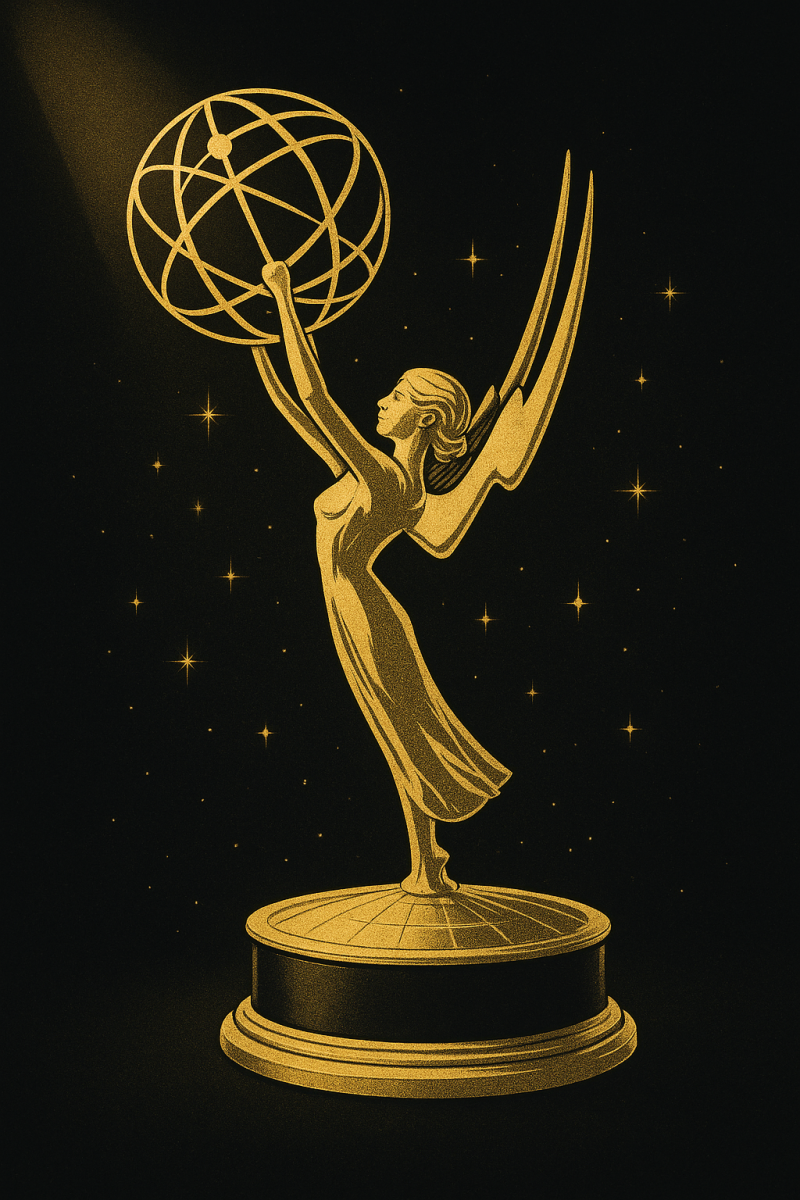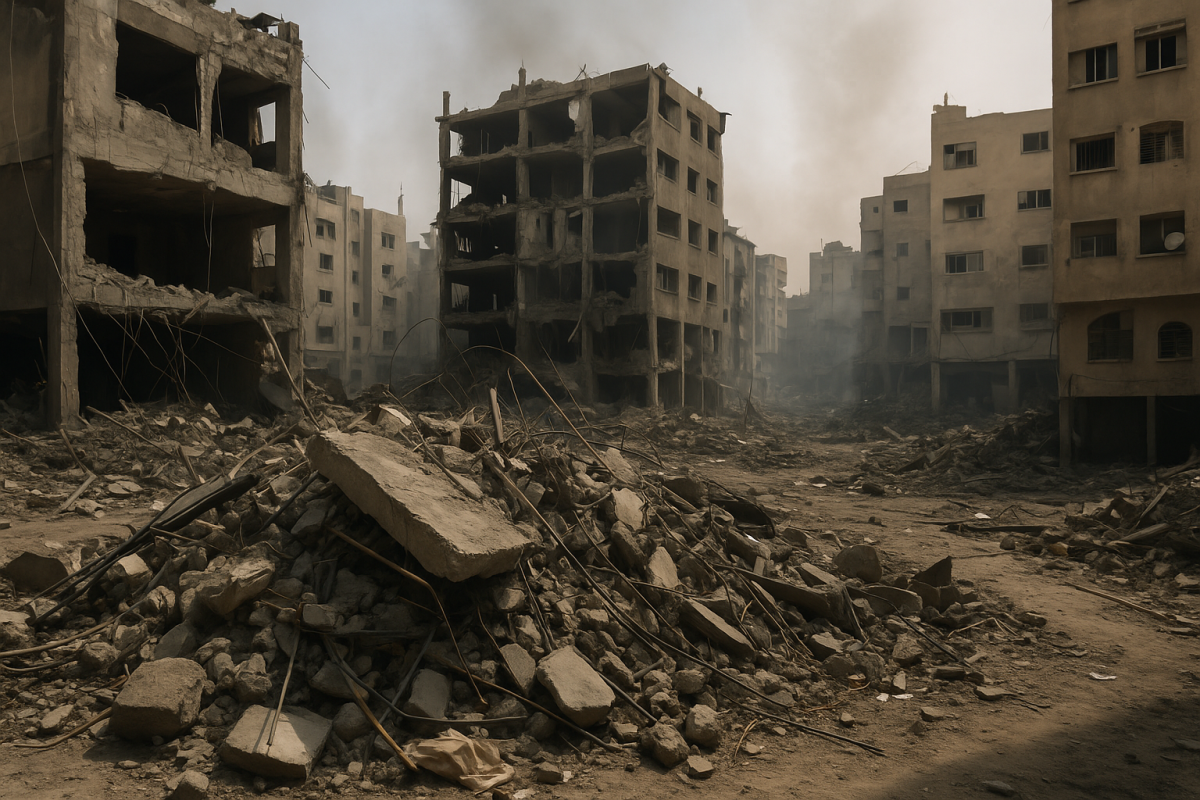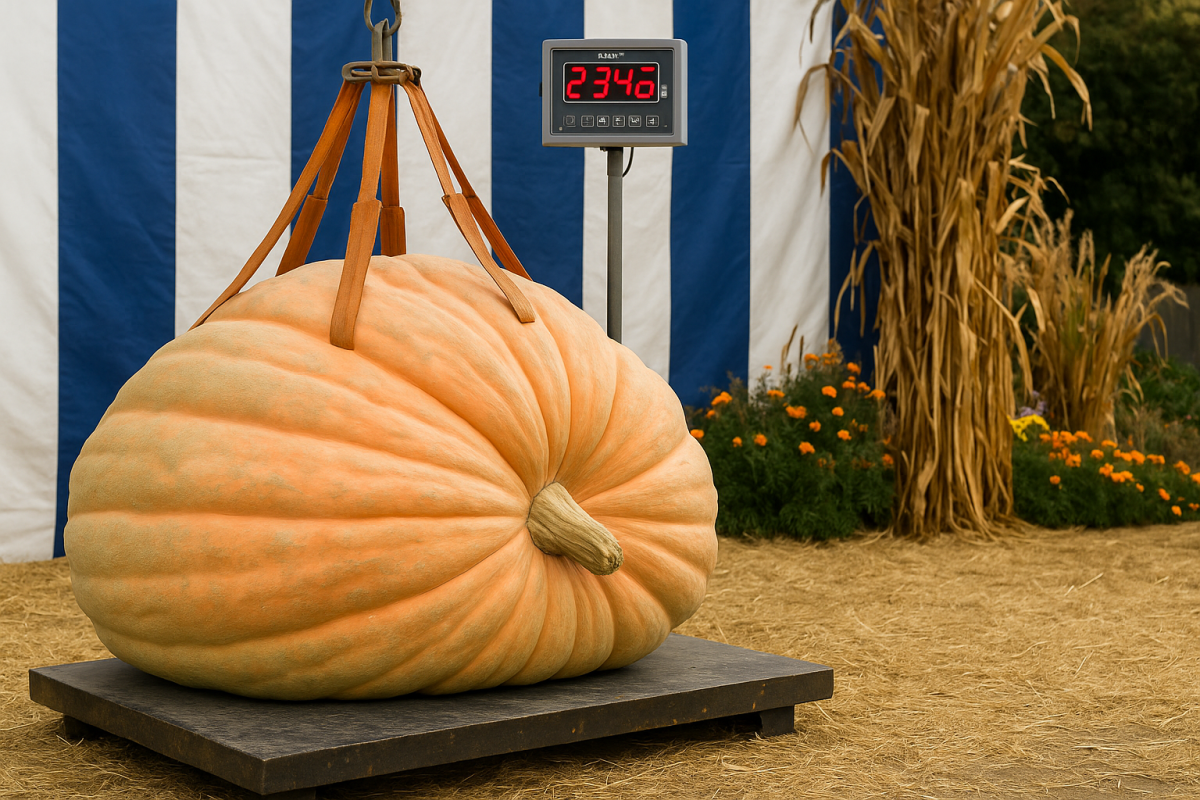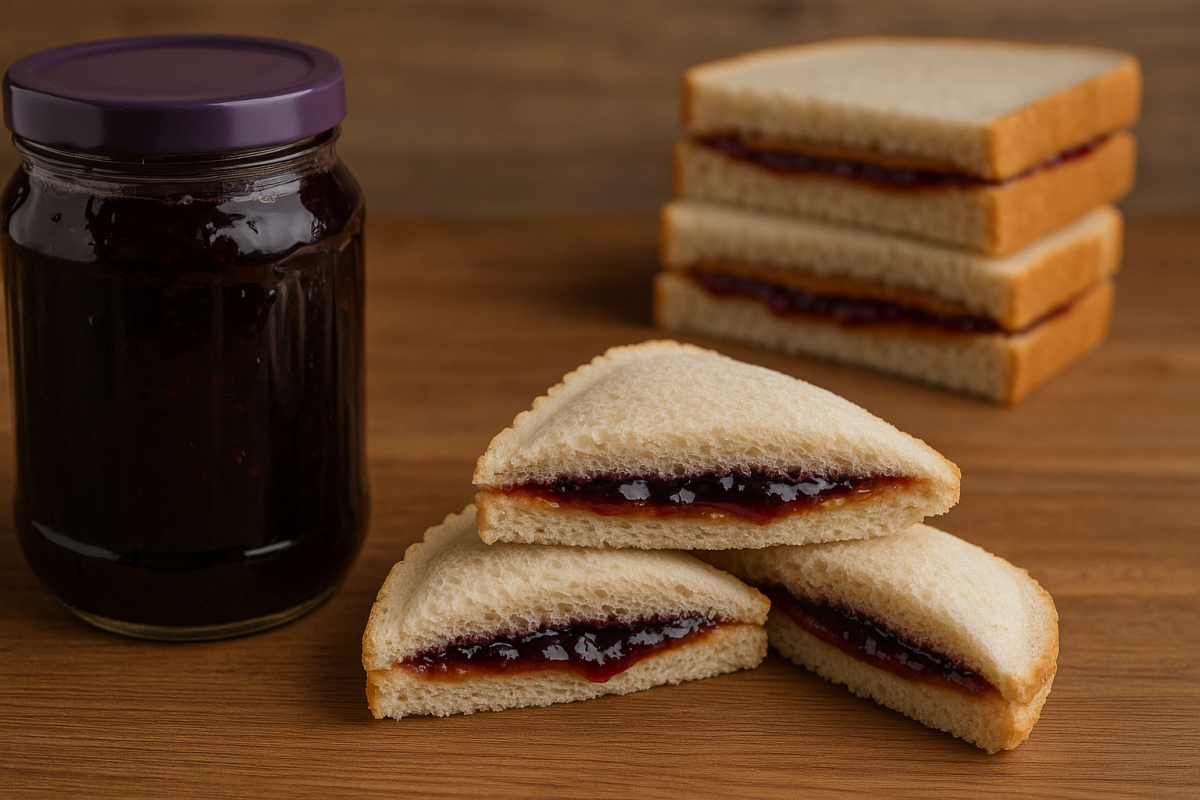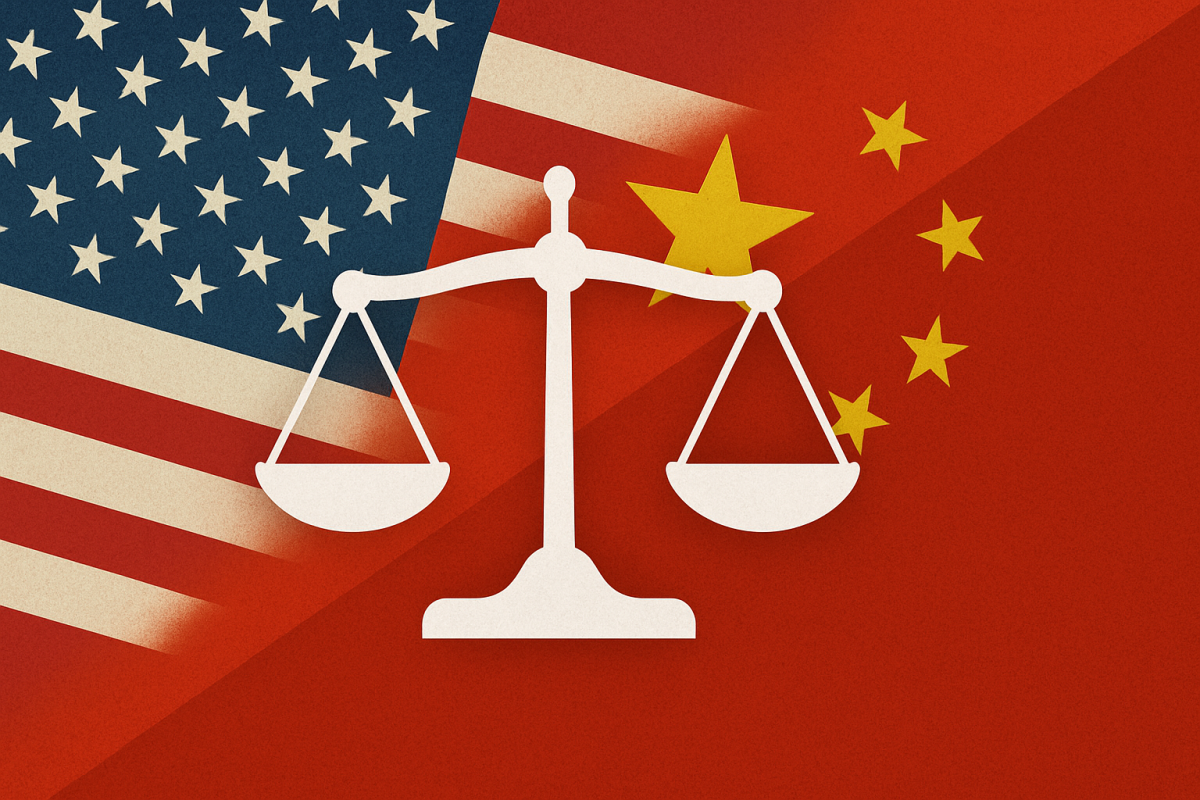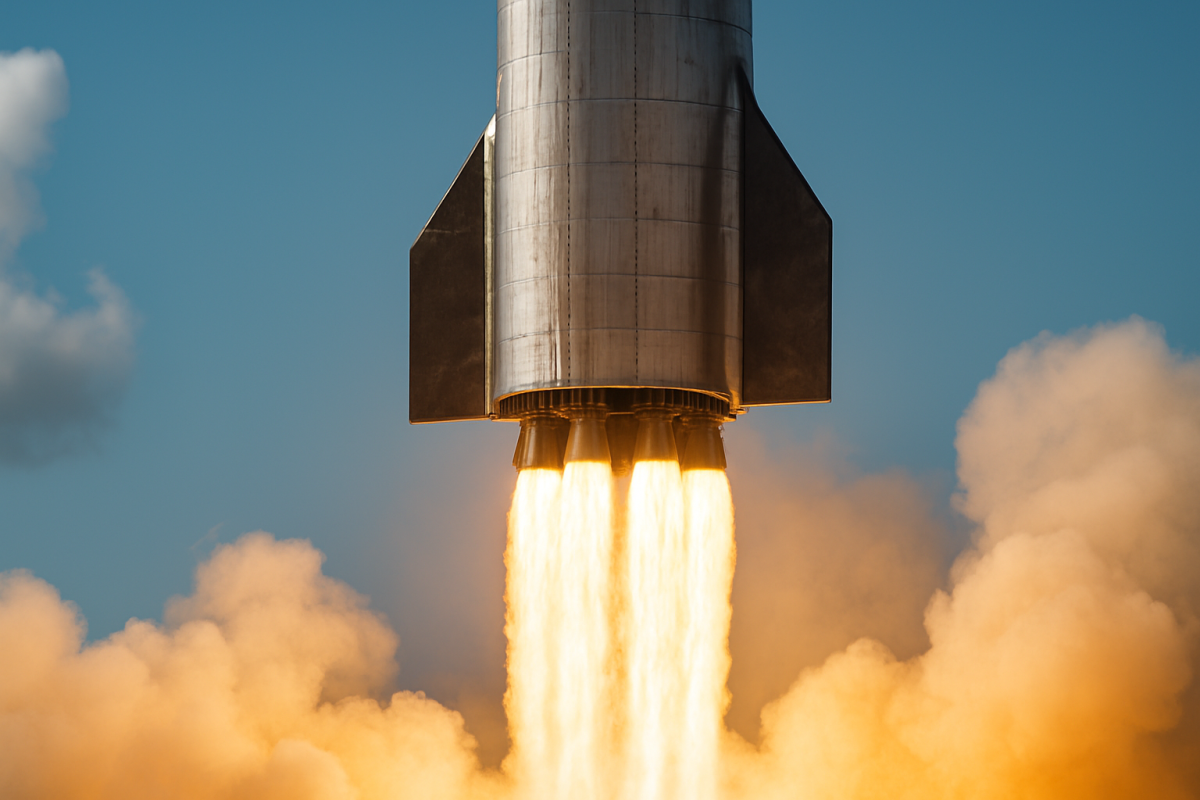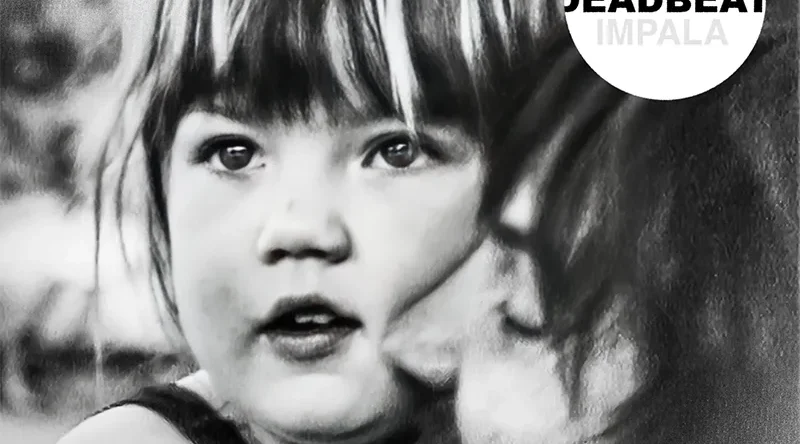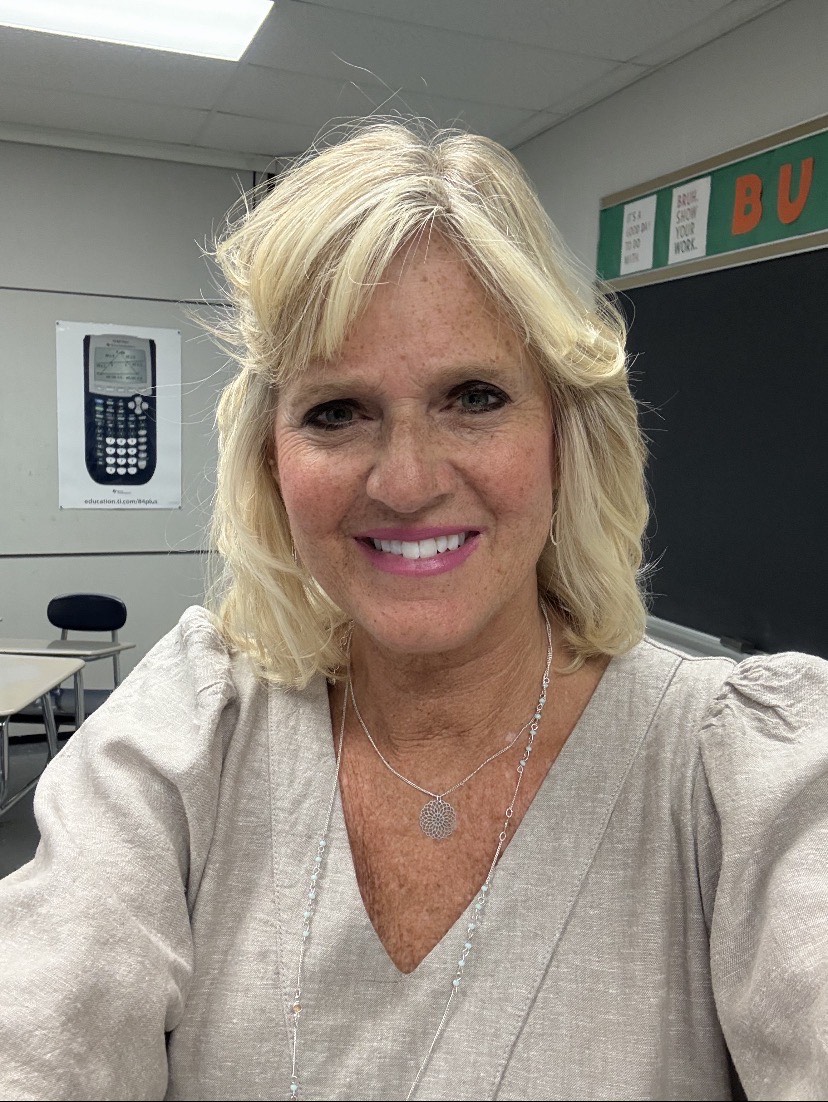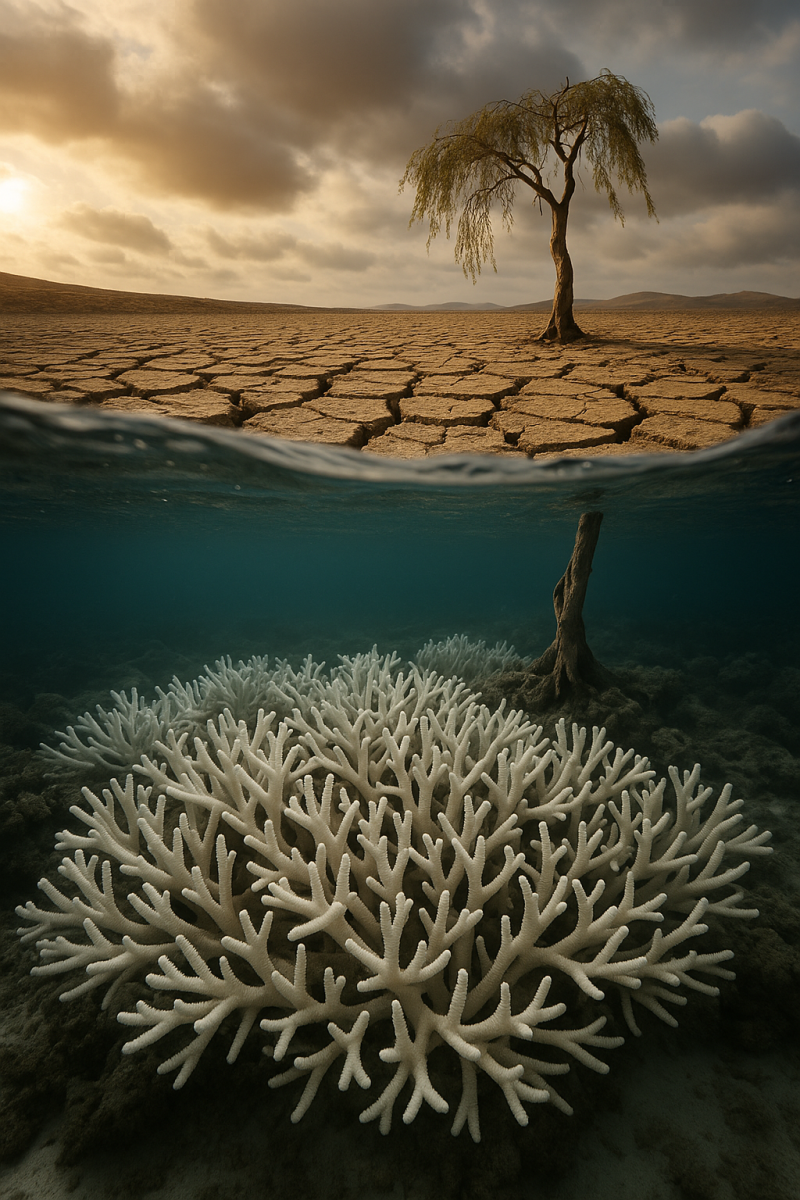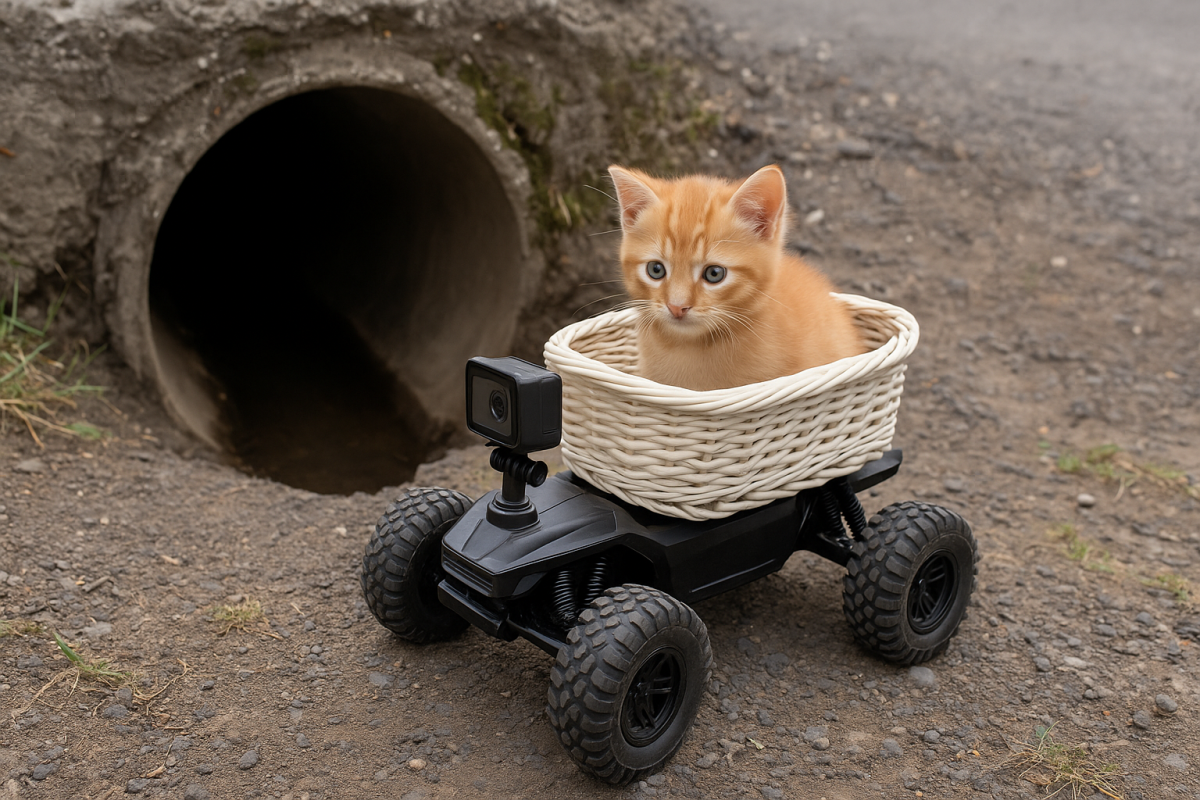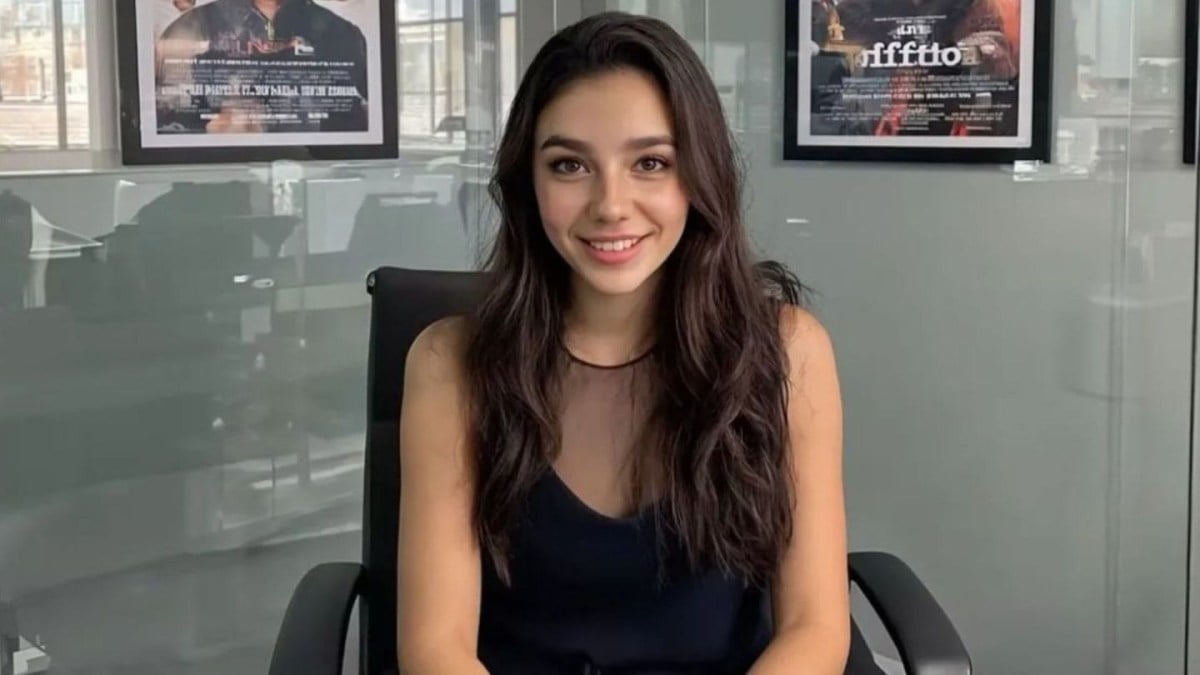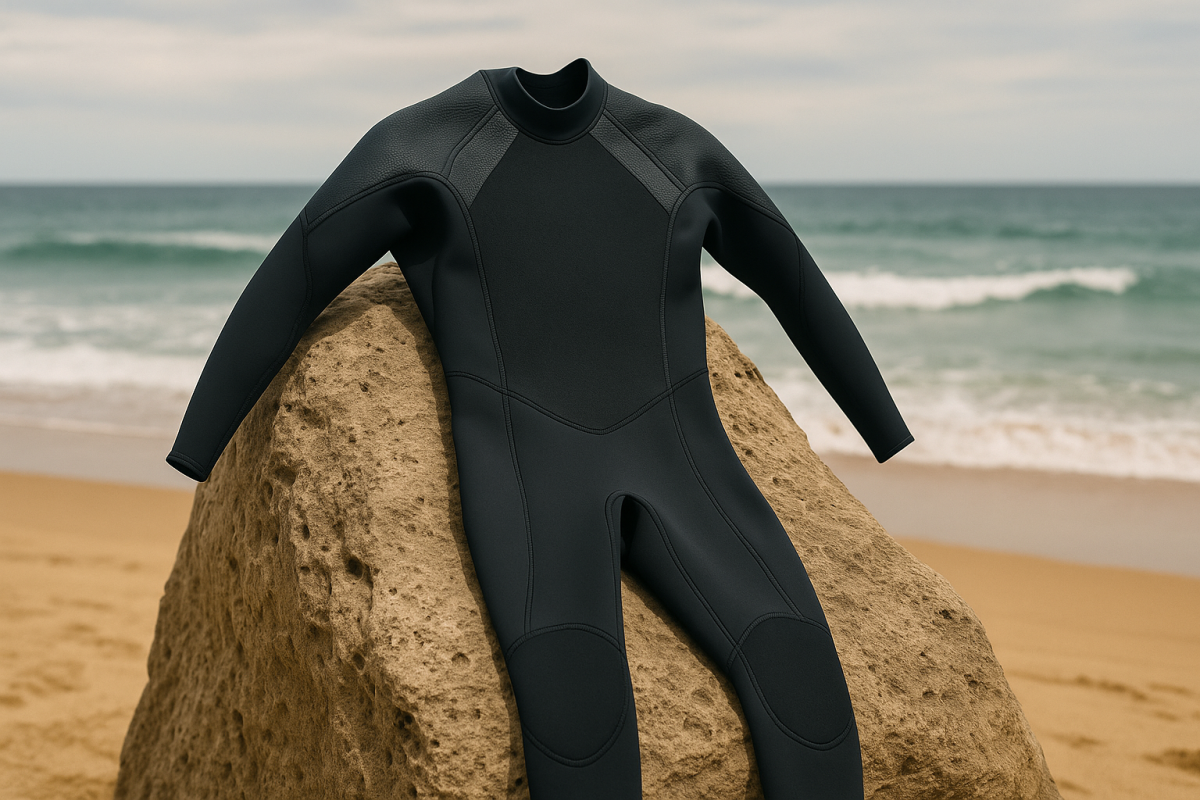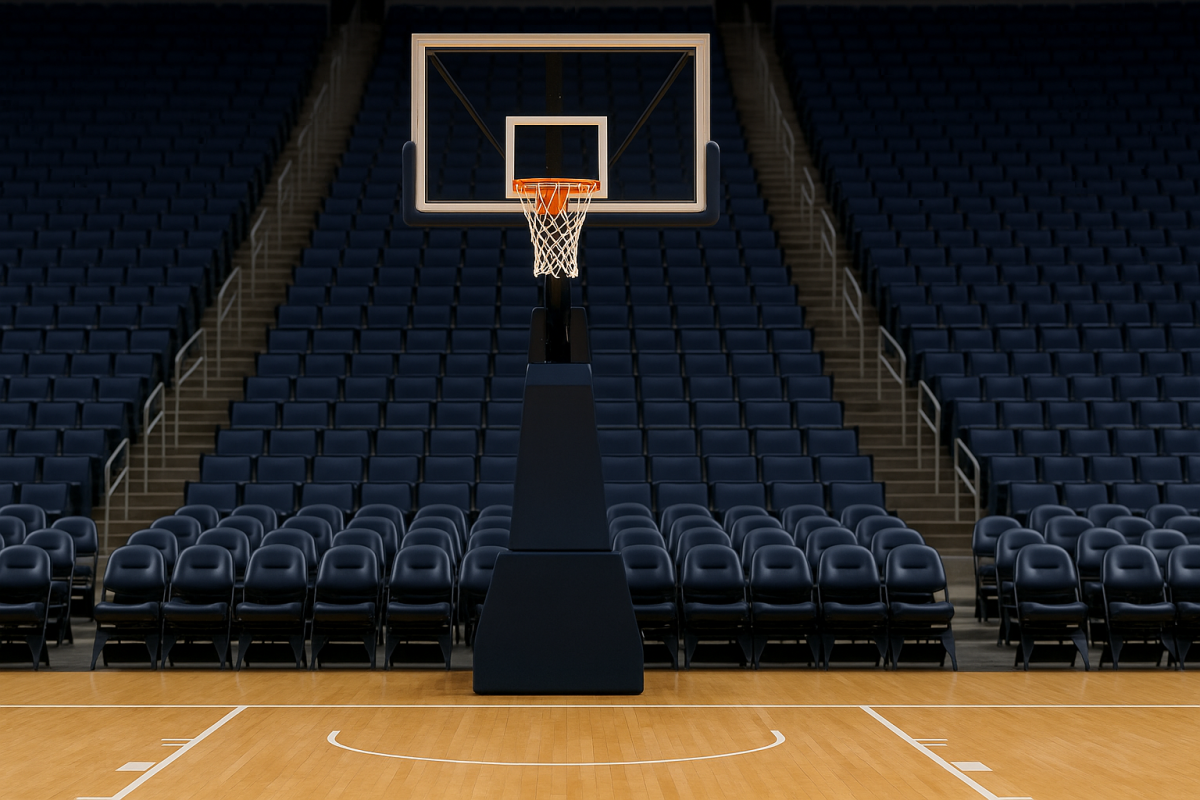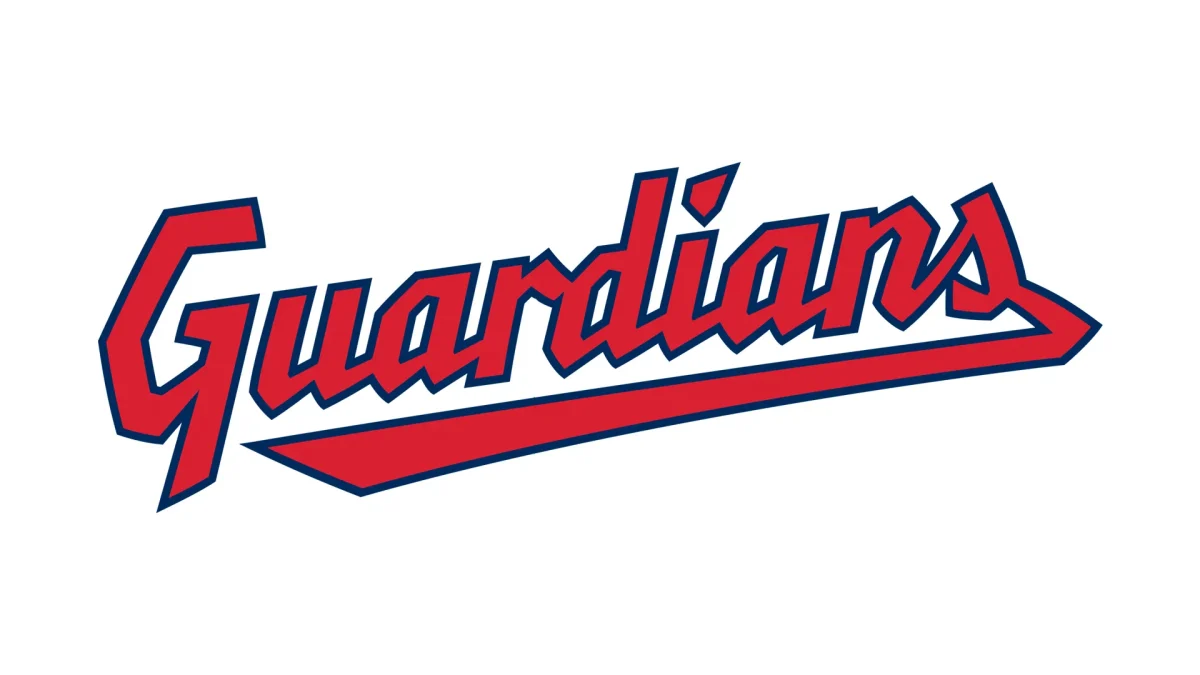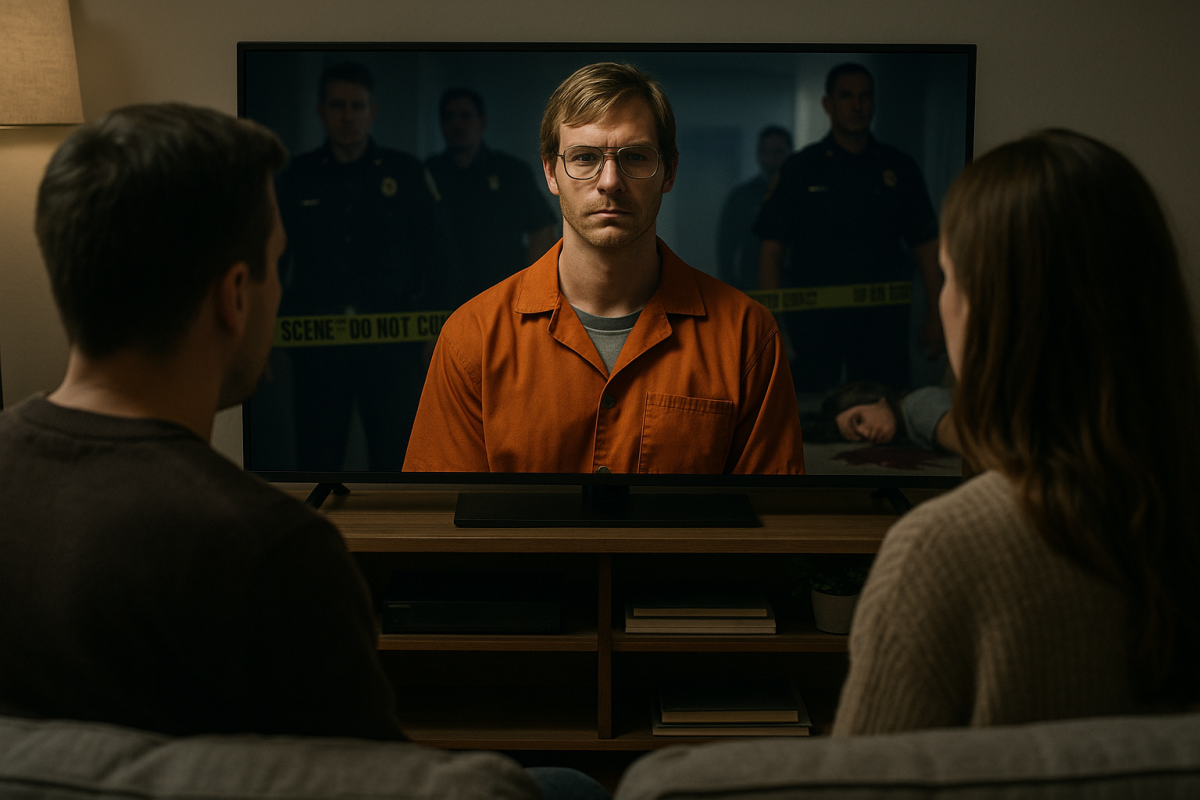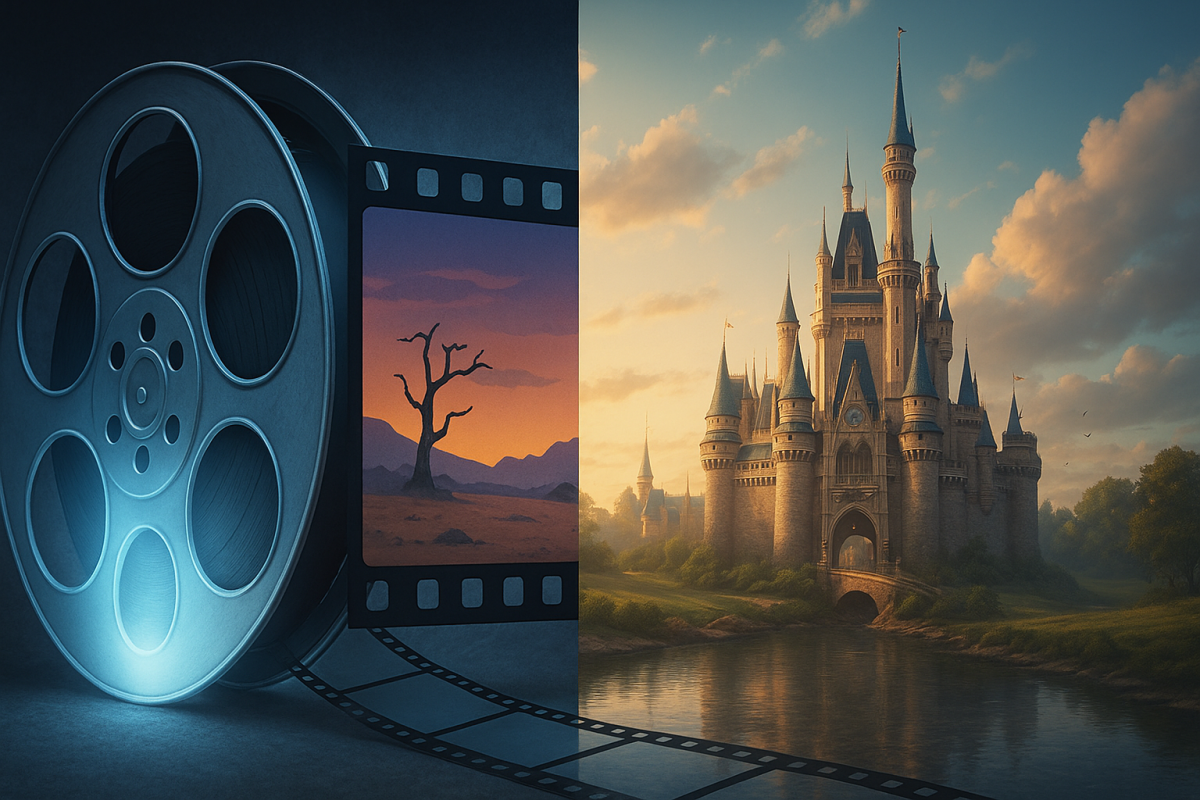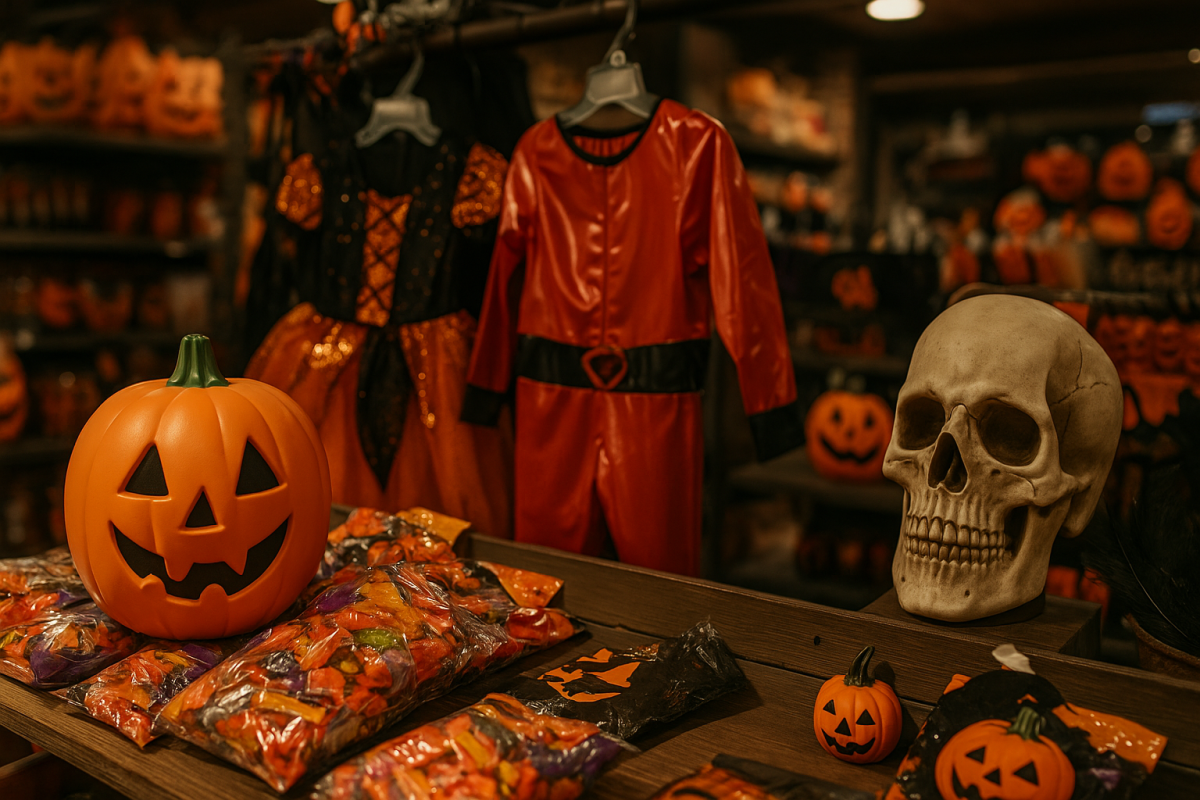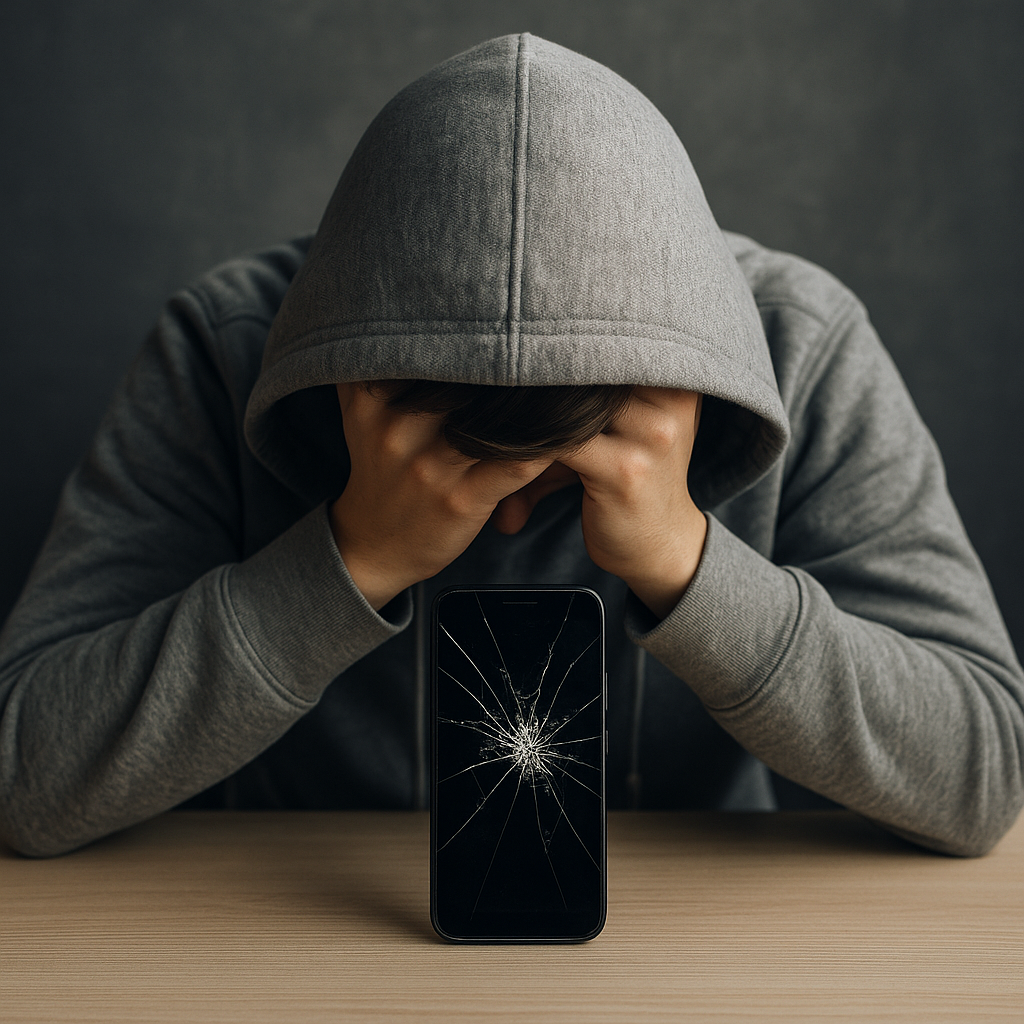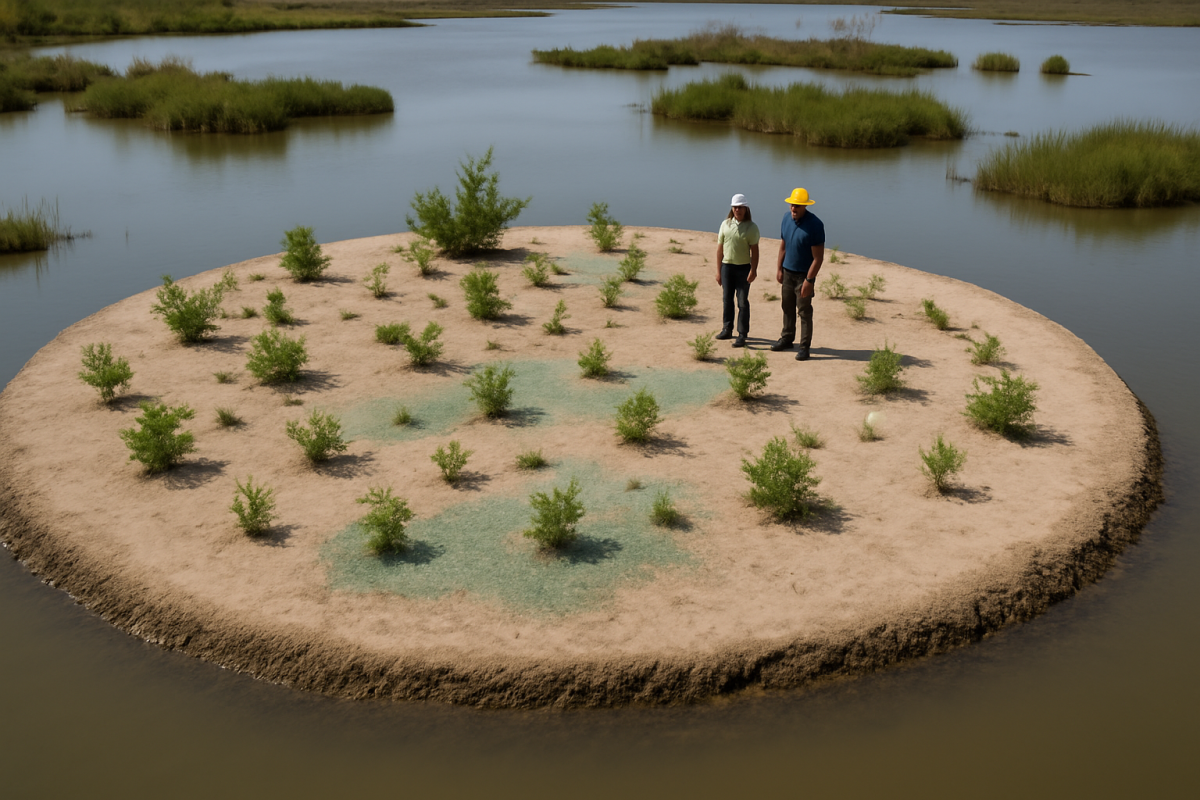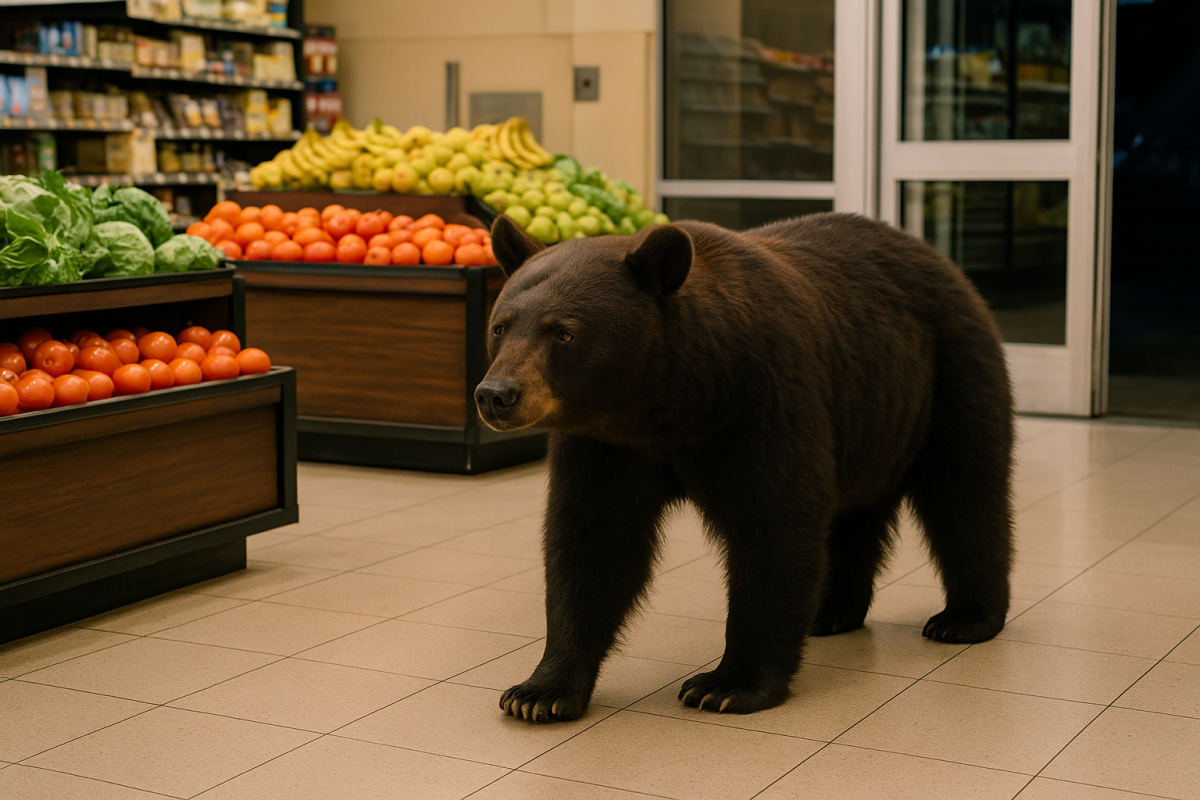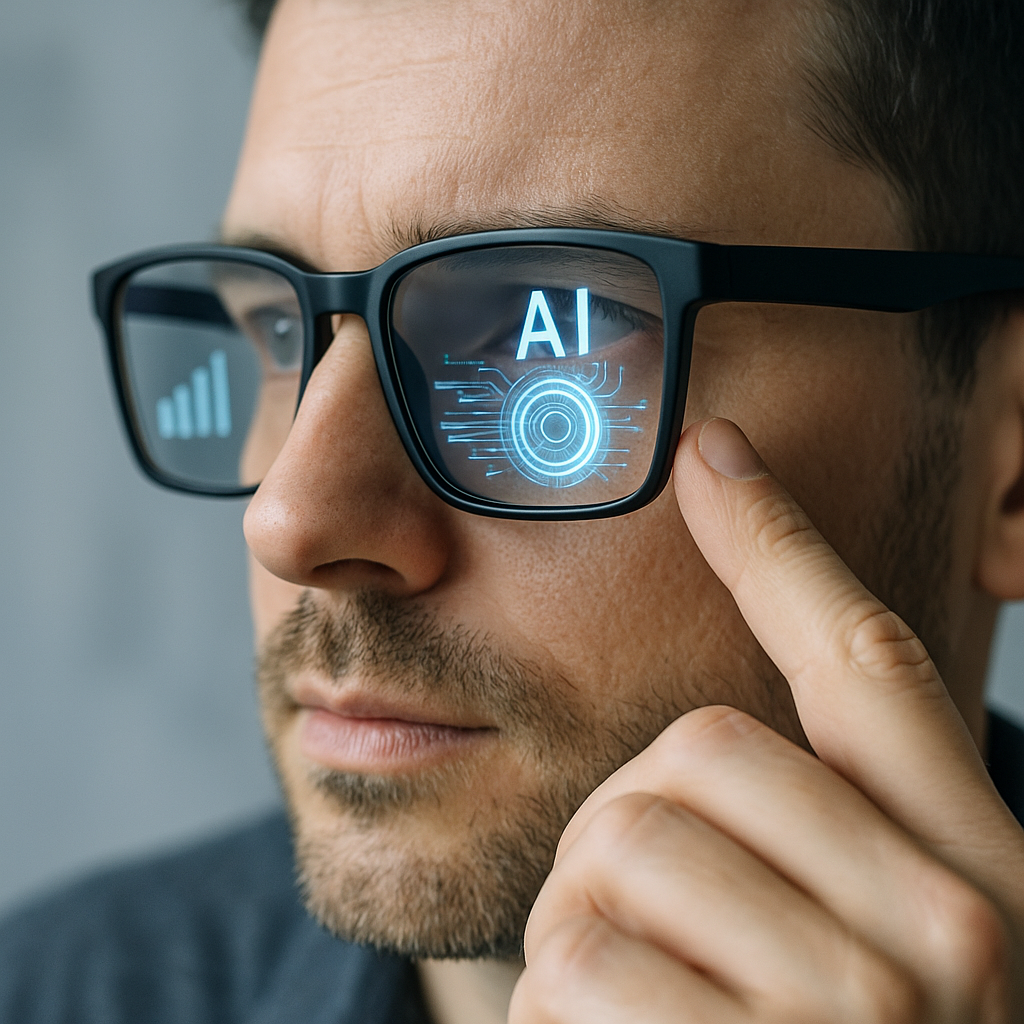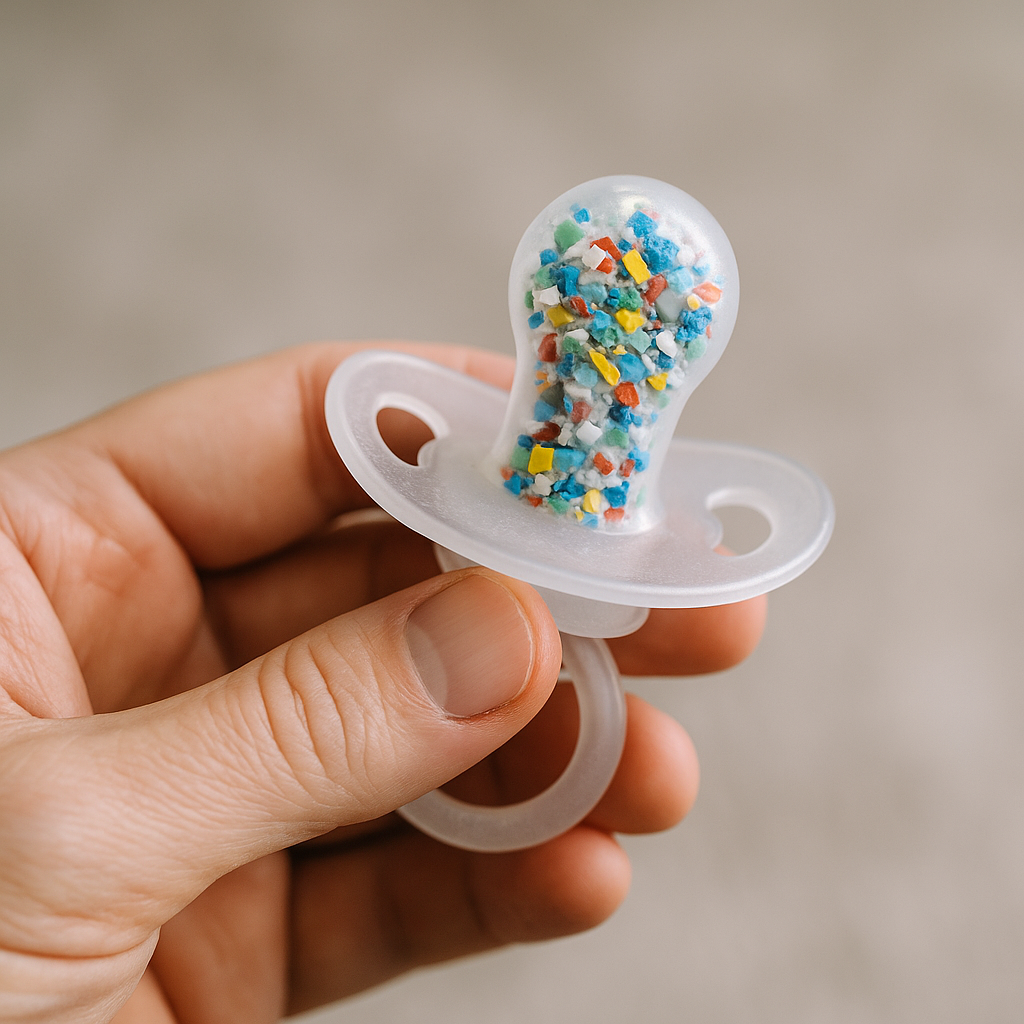No job appears safe from artificial intelligence as it continues to evolve and defy expectations. While many predicted that AI would impact the film industry, most believed its influence would focus on editing, writing and visual effects, not acting.
That changed with the emergence of Tilly Norwood, an AI-generated actress created by filmmaker and entrepreneur Eline Van Der Velden. Norwood recently signed with her first talent agency, marking a new chapter in Hollywood’s relationship with technology. She made her debut in Particle6 Studio’s short film AI Commissioner and is now set to appear in an upcoming AI-focused movie titled The Sweet Idleness.
Most of the projects featuring Tilly Norwood are fully AI-produced, leading to debates about how artificial performers might fit into mainstream filmmaking. Many industry professionals and fans argue that combining human and AI actors in the same film would feel unnatural or uncanny. Critics claim that AI-generated performers lack the emotional depth and authenticity that come from real human experience.
“The problem isn’t just that AI actors don’t have souls,” one entertainment analyst wrote online. “It’s that audiences can feel the difference, even when they don’t realize why.” Others, however, worry that audiences could become desensitized over time, leading to a redefinition of what authentic acting even means.
For the past two years, AI production studios have rapidly advanced, narrowing the gap between digital and human performance. One notable breakthrough came with the release of the Sora 2 program, which can generate hyper-realistic video indistinguishable from live-action footage. The technology has gone viral on social media, especially on TikTok, where comment sections fill with debates about whether certain clips are real or AI-generated. The only giveaway is the small Sora watermark in the corner of the screen.
While the introduction of AI performers like Tilly Norwood has sparked controversy, some see it as an exciting new creative tool. Supporters say AI allows artists to experiment freely and bring impossible ideas to life. Still, for many actors, the rise of digital performers represents something more troubling: a future where creativity may come at the cost of human opportunity.

